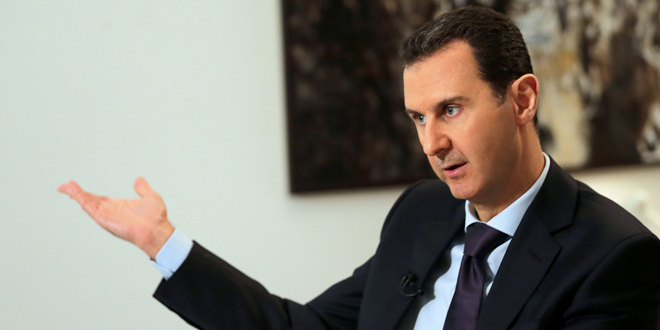
Jamshid Chalangi:
In tonight’s edition of Behind the Headlines we look at the nationwide reaction of the Iranian people to the death of the legendary cinema actor Nasser Malak Motiee and ask if the regime is concerned about its future, and that, if it is reformable at all.
Also, as the regime continues with spending millions of dollars of the Iranian people’s money on its nefarious activities in the region, poverty has now become a feature of the nation’s daily life.
Our guests tonight to discuss these topics are Reza Taghizadeh and Sadegh Zibakalam.
Reza Taghizadeh:
As Nasser Malak Motiee belonged to the pre-Revolution cinema, in their mourning for him, the Iranian people turn his funeral procession into an anti-regime demonstration. We had a similar reaction from the Iranians when a young singer died of cancer couple of years ago.
However, it seems the Iranian people need to join their voices and cry out for the demands that are not welcome by the regime.
Sadegh Zibakalam:
There does not seem to be only one single reason for this reaction because we have also had similar protest demonstrations after the death of a singer who belonged to the post-Revolution era.
I think it all goes back to the question of the suppression of people’s sentiments and voices and they just look for an opportunity to vent their anger.
Our society is a closed one and the state des not allow free expression of the people’s desires and feelings. It is a one-way street where the state wants to control these true human feelings and stop them from coming to the fore.
There is a gap between what the regime says and wants and what the people say and want.
For example, the regime supports the leader of Hezbollah of Lebanon but the Iranian people despise him despite having no grudge against him personally but just want to show their opposition to whatever the regime stands for.
The Iranian people have their own national symbols in the fields of arts, cinema, sports and so on, which are quite different from those of the regime’s.
Reza Taghizadeh:
I believe the Iranian people’s opposition to the regime is far more than these issues. They see the regime as the main barrier to achieving their social, economic and cultural demands.
The antagonism between the Iranian people and the regime is getting even harder as the people do not have any voice within the establishment and their so-called MPs are nothing but a group of toothless pro-regime people.
The national broadcasting and the press do not represent the full views and wishes of the people either and the people use the streets protests to express their grievances.
Sadegh Zibakalam:
I did not mean that the Iranian people are happy that their wealth being spent in Syria and Lebanon. They are telling the regime that why do you spend our money to build roads, hospitals and homes in foreign countries when we have an acute shortage of them inside our own country?
Jamshid Chalangi:
The Iranian government says they are now an ally of the Russians abut we see that Moscow and Tel Aviv are signing agreements about the departure of the regime’s forces from Syria. Which version of these stories is true?
Reza Taghizadeh:
Russia will never become a strategic ally with Iran. It will not even align itself with the Iranian regime’s regional policies but will always take advantage of them when it fits its own interests.
Sadegh Zibakalam:
I had not been in detention. I have been sentenced to 18 months of prison and I am very sad to hear that Mr. Mohammad Nourizad has now been arrested.
It seems that the regime has no other option but to just imprison its opponents who disagree with its ideological policies.
Reza Taghizadeh:
The Islamic republic regime is the most ideologically drives system of governance in the world at the moment.
It regards itself as a divine establishment and whoever who opposes it deserves divine punishment.
People like Mr Zibakalam and Mr Nourizad who dare challenge this ideology inside Iran are very brave.
When Mr Zibakalam praises Reza Shah for building the modern Iran he speaks for the majority of the Iranian people who are stifled to express the same views. I think he creates a link between the Iranians inside and outside the country.
 khalijefars News, Blogs, Art and Community
khalijefars News, Blogs, Art and Community








